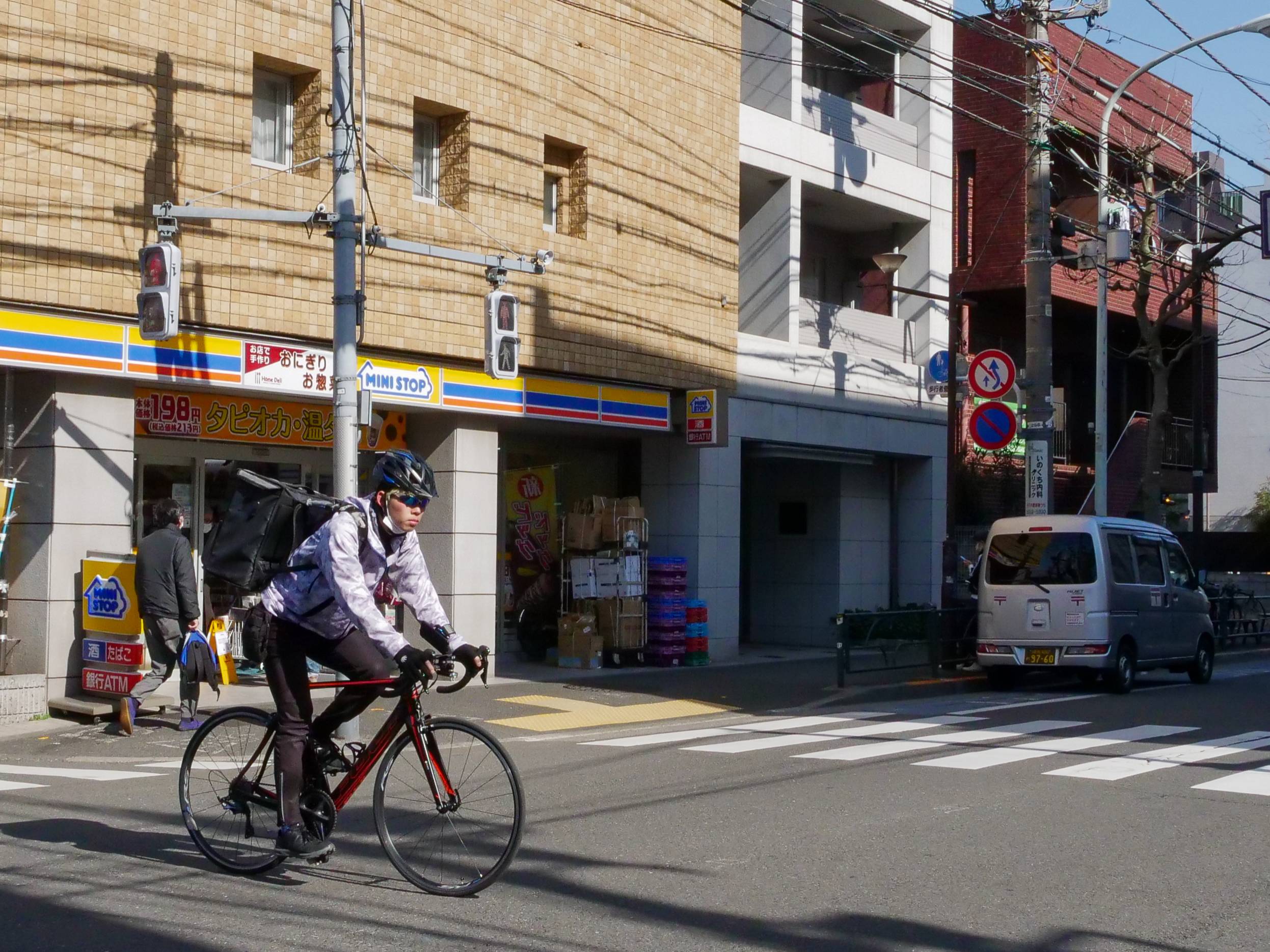The bicycle has been heralded throughout history as a tool of emancipation, and this time around it might be helping us escape a virus. Global bicycle sales soared during the COVID-19 pandemic, and Japan was no exception to the boom.
The government began promoting a “new lifestyle” in May 2020, and cycling became a way to avoid Tokyo’s infamously packed trains. A survey in June 2020 of 500 business people found 23% had started cycling to work since the pandemic spread to avoid crowds. Open Street Inc., which operates bicycle sharing service Hello Cycling, reported that the number of users increased 1½ times during commuting hours compared with before the pandemic. Meanwhile, with delivery orders spiking, the streets have become home to a relentless fleet of two-wheeled delivery workers.
This shift to cycling, propelled by the rise in e-bikes and bike sharing services, has important implications for sustainability. A Deloitte report forecast a rise from 1% to 2% in the proportion of people who bike to work from 2019 to 2022. While seemingly unimpressive, it notes that “tens of billions of additional bicycle rides per year means fewer car trips and lower emissions, with spillover benefits for traffic congestion and urban air quality.” Several other studies have also demonstrated the health benefits of cycling to work, with even clunky e-bikes reportedly helping to improve cardiovascular health and aerobic capacity. A future with more cycling would improve our quality of life.

















With your current subscription plan you can comment on stories. However, before writing your first comment, please create a display name in the Profile section of your subscriber account page.